Knowledge and Attitude Towards the use of Contraceptive Methods Among Undergraduates of a Selected Higher Education Institute in Sri Lanka
Unintended
pregnancies and sexually transmitted diseases are some of the major
reproductive health issues commonly encountered globally. As a developing
country in South Asia, Sri Lanka has a prevalence rate of 23-46% of unplanned
pregnancies. Two percent (2%) of government clinic attendees are detected with
sexually transmitted diseases (STDs) and it is continually increasing among the
young population. Poor knowledge, awareness and undesirable attitude towards
contraception usage are some of the major factors associated with unintended
pregnancies and transmission of STDs. Undergraduates are a vulnerable
population to unintended pregnancies and sexually transmitted diseases.
Therefore, this study was conducted with the objective of assessing the
knowledge and attitudes towards the use of contraceptive methods among
undergraduates of KIU. A descriptive cross-sectional study was conducted
enrolling 304 undergraduates of 18 to 30 years of age using the simple random
sampling method. Data were collected using a pre-tested self-administered
questionnaire consisting of socio-demographic details and questions to assess
participants’ knowledge and attitudes. The knowledge section of the
questionnaire was marked out of 34 points, ones who obtained 0-12 marks were
considered to have poor knowledge 13-24 as average knowledge and above 25 as
good knowledge. The likert scale was used to assess the attitude section of the
questionnaire. The results of the study revealed that the majority were females
62.5% (n=190) and 76.32% (n=232) of the study participants were from the age category
of 23-27 years. Eighty-four percent (84%, n=255) of the study sample possessed
a satisfactory level of knowledge in contraceptive methods and females showed a
higher level of knowledge than males (p=0.002). Health science students had a
higher level of knowledge than non-health science students (p=0.001). In
conclusion, though the study population displays an overall positive attitude
towards family planning methods, knowledge in this regard is average.
Keywords
Knowledge
,
Attitude
,
Contraceptive Methods
,
Undergraduates
,
Higher Education



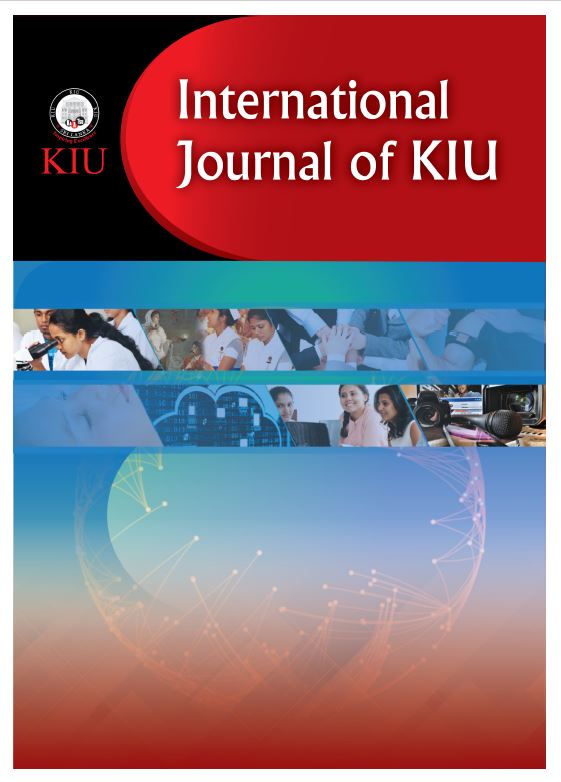
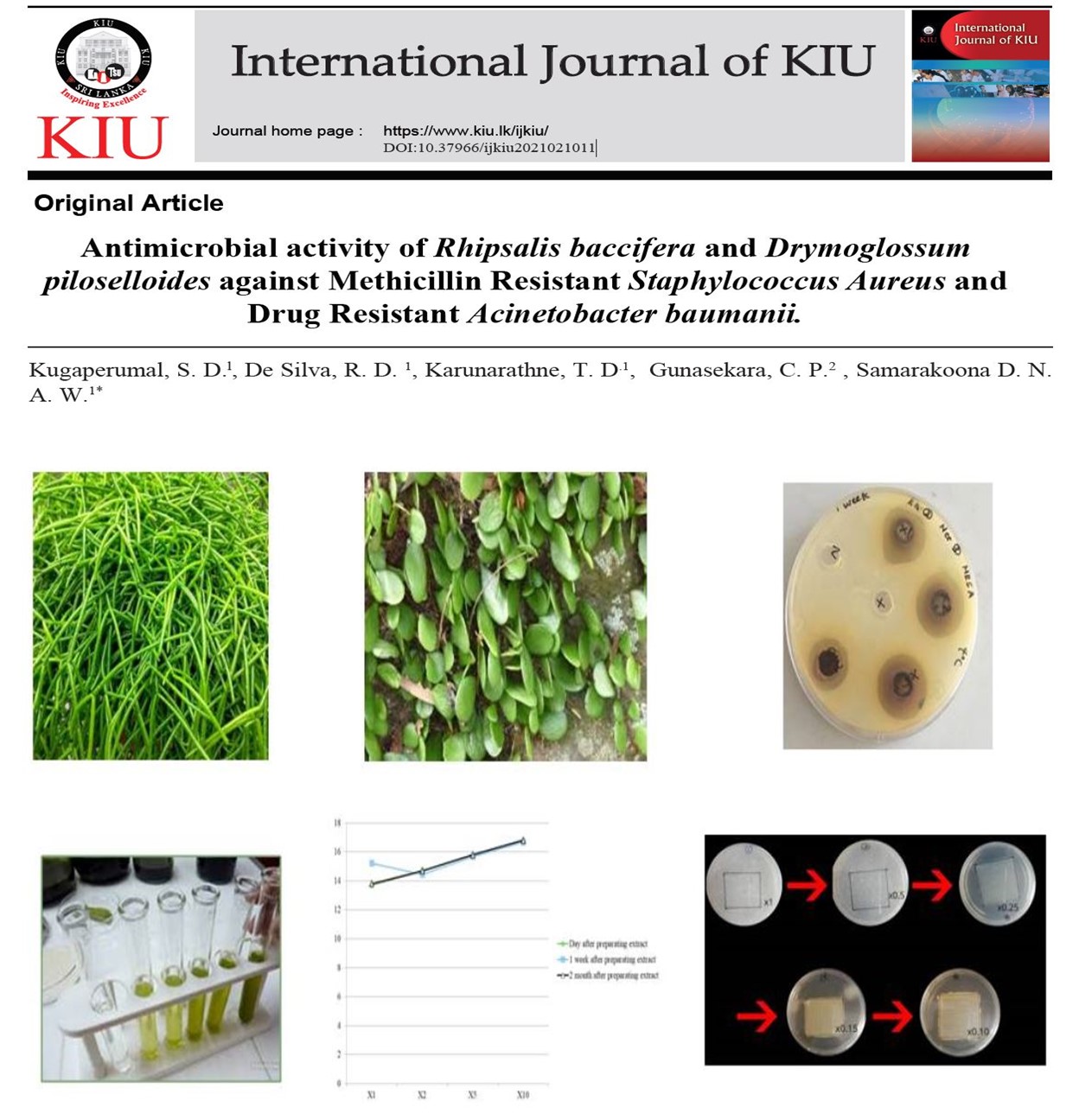
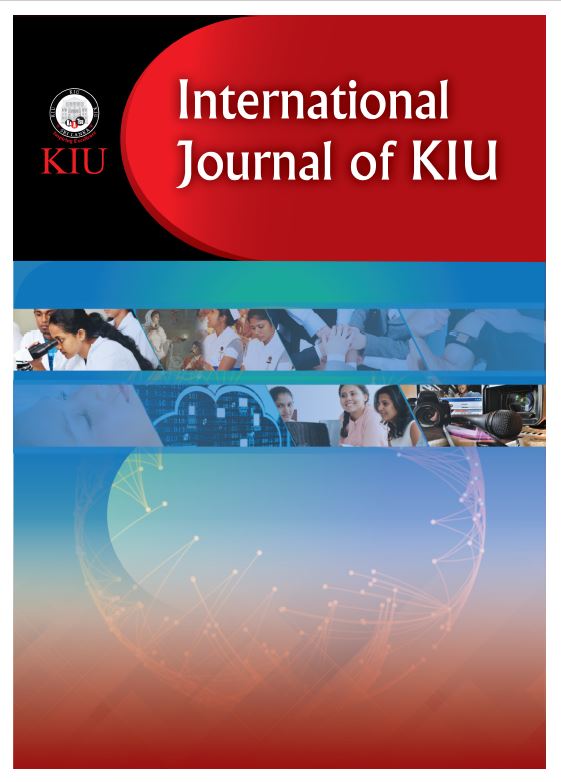
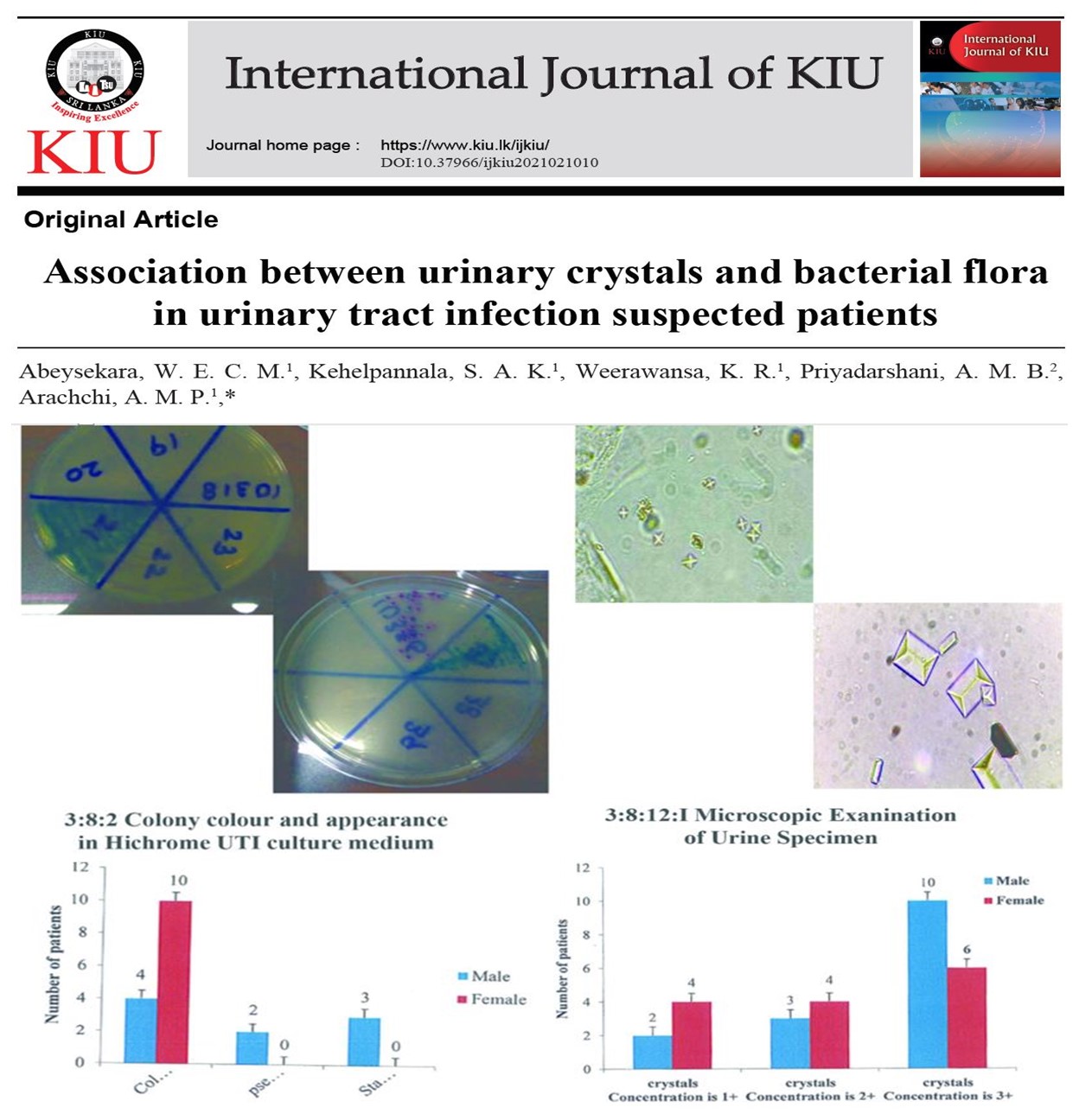
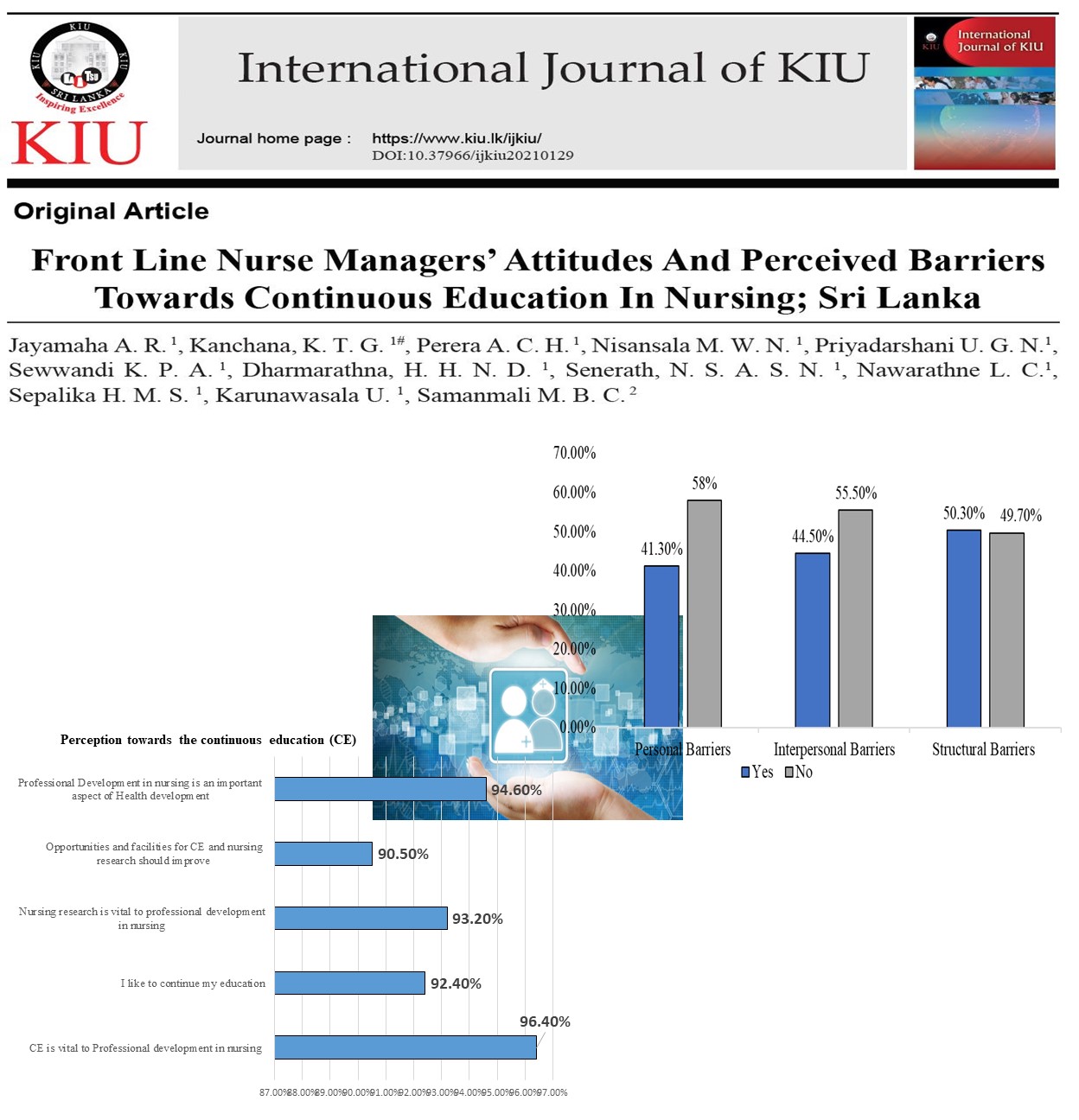
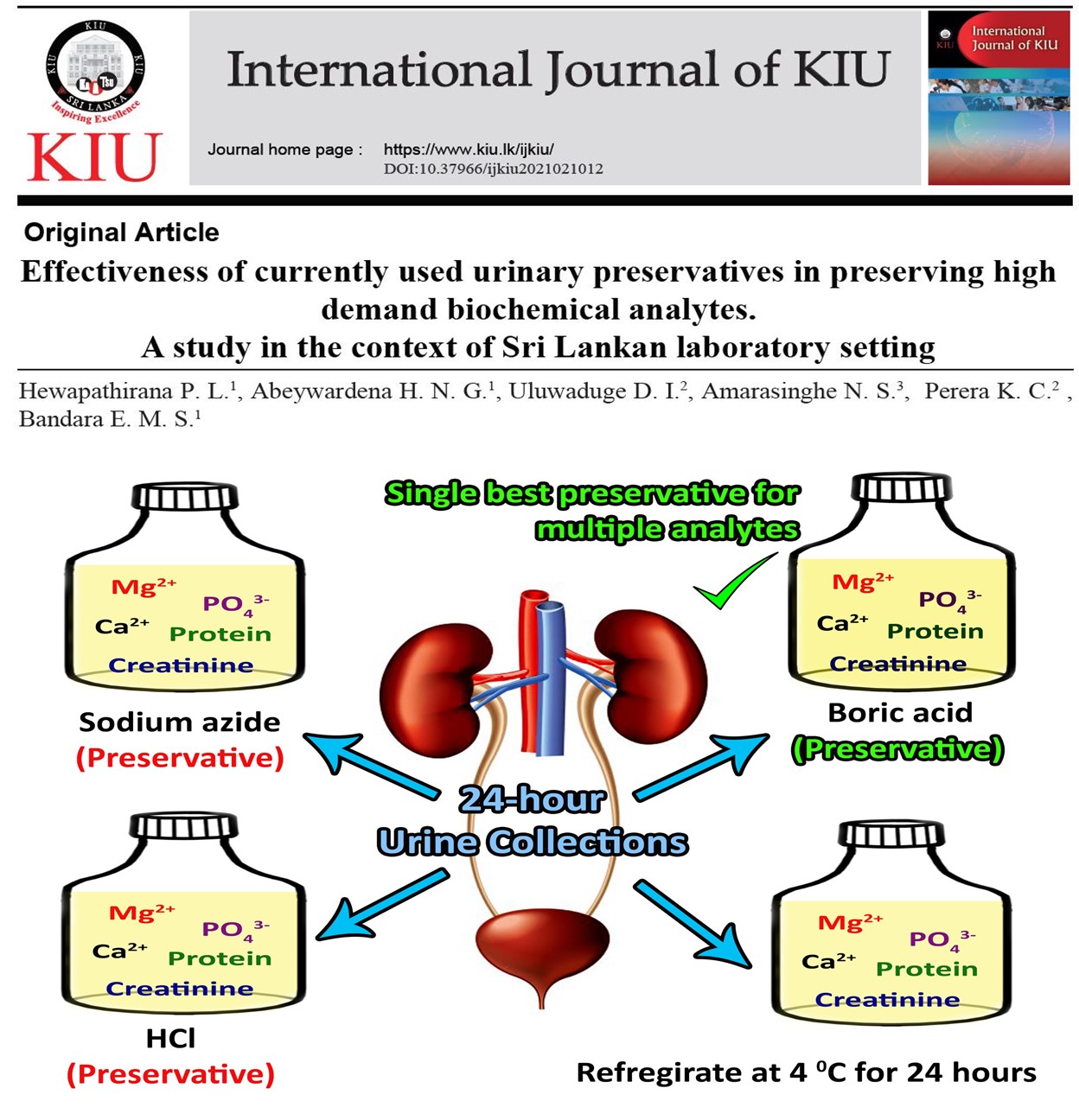
Related Articles